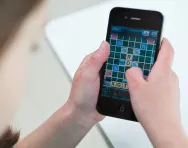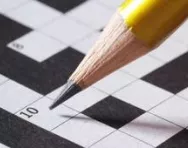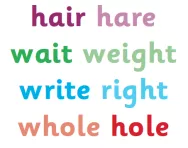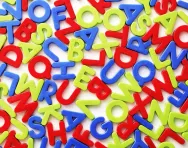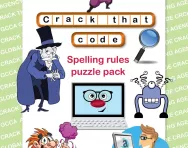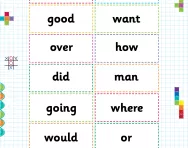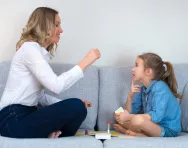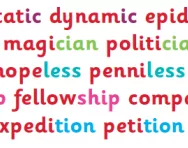Important update from TheSchoolRun
For the past 13 years, TheSchoolRun has been run by a small team of mums working from home, dedicated to providing quality educational resources to primary school parents. Unfortunately, rising supplier costs and falling revenue have made it impossible for us to continue operating, and we’ve had to make the difficult decision to close. The good news: We’ve arranged for another educational provider to take over many of our resources. These will be hosted on a new portal, where the content will be updated and expanded to support your child’s learning.
What this means for subscribers:
- Your subscription is still active, and for now, you can keep using the website as normal — just log in with your usual details to access all our articles and resources*.
- In a few months, all resources will move to the new portal. You’ll continue to have access there until your subscription ends. We’ll send you full details nearer the time.
- As a thank you for your support, we’ll also be sending you 16 primary school eBooks (worth £108.84) to download and keep.
A few changes to be aware of:
- The Learning Journey weekly email has ended, but your child’s plan will still be updated on your dashboard each Monday. Just log in to see the recommended worksheets.
- The 11+ weekly emails have now ended. We sent you all the remaining emails in the series at the end of March — please check your inbox (and spam folder) if you haven’t seen them. You can also follow the full programme here: 11+ Learning Journey.
If you have any questions, please contact us at [email protected]. Thank you for being part of our journey it’s been a privilege to support your family’s learning.
*If you need to reset your password, it will still work as usual. Please check your spam folder if the reset email doesn’t appear in your inbox.
Spelling in Year 3 and Year 4
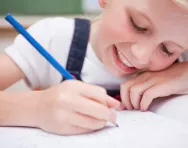
Spelling in Year 3 and Year 4
The 2014 national curriculum groups spellings for Years 3 and 4 together, so it is up to a teacher's discretion which spellings they decide to give out in which year group. Spelling lists will also be differentiated within each year group, according to each child’s ability.
Year 3 and Year 4 spelling patterns and rules
In Years 3 and 4, the following spelling rules and patterns will be taught:
- Adding suffixes -er, -ing to verbs, for example: 'beginner' and 'beginning'
- Words containing 'y' where it sounds like 'i', such as 'myth' and 'gym'
- Words containing 'ou' where it sounds like 'u' such as 'young' and 'touch'
- Words containing prefixes (groups of letters added to the start of a word) such as mis-, dis-, im-, il-, ir-, re-, sub-, inter-, super-, anti-, auto-
- Words containing suffixes (groups of letters added to the end of each word) such as -ation, -ly
- Words ending -sure and -ture (such as 'measure' and 'creature')
- Words ending -sion, -tion, -ssion, -cian (such as 'confusion', 'rejection', 'permission' and 'musician')
- Words ending -ous (such as 'dangerous' and 'courageous')
- Words containing ch where it sounds like ‘sh’ or ‘k’ (such as 'chef' and 'scheme')
- Words ending -gue and -que (such as 'league' and 'antique')
- Homophones (pairs of words that sound the same but are spelled differently, for example: 'meddle' and 'medal')
How spelling is taught in Year 3 and Year 4
Teachers will vary in how they teach spellings and how much time is spent on spelling during the week. They may use the spellings during handwriting practice, so that children are practising both skills at the same time. They may also give children activities to do, such as writing the words into sentences, making cards for matching two parts of a word, fill-the-gap worksheets or quizzes to test on spellings learnt.
Now that children are in KS2 the onus will also be on them to make sure they learn their spellings at home for a weekly spelling test.
Year 3 spelling worksheets and Year 4 spelling worksheets
Look through our selection of Y3 spelling worksheets and Y4 spelling worksheets for wordsearches, crosswords and other engaging spelling learning activities.
You can also download Y3 spelling practice tests and Year 4 practice spelling tests to help your child revise the words and spelling patterns they'll be learning at school.
How spelling is taught in primary school, year by year
Find out what words and spelling patterns children are taught in each year of primary school with our parents' guides:

